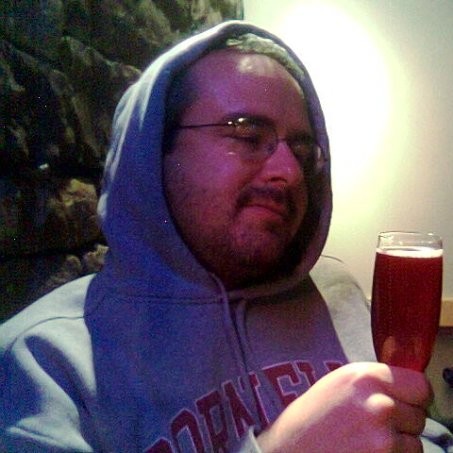tl;dr: Read Dima Epstein’s post summarizing advice and thoughts from a panel we did about social media and academia and Phil Agre’s Networking on the Network.
Dima Epstein, Natalie Bazarova, and I were on a panel for using social media as an academic. I’d say none of us is super-expert, but between us, the audience, and some of the folks I know on Facebook, we generated potentially useful thoughts that Dima compiled on his blog in this post: Making social media work for you – notes from a workshop.
My biggest thought on this is that it’s useful to think about social media as just another tool for helping you define, find, be aware of, and contribute to the communities you care about. For a more comprehensive treatment of being part of an academic community, check out Phil Agre’s Networking on the Network, which I wish I had read as a grad student. It’s from around 2002, so it talks about email rather than Twitter, but the principles are timeless. Sections 1-6 are particularly useful for folks before the job stage, and would be useful to skim before your next conference.
I also especially liked Andrea Forte’s high-level thought below, about using social media as another way to be your awesome self. Many more thoughts and specific strategies are at Dima’s post, and below from helpful Facebook friends. If you have more tips and comments, they’re probably most useful attached to Dima’s post since that’s where most of the meat is, though I’m happy to see them here as well.
Ines Mergel Here are a few things I usually talk about: (1) Set up a blog as their homepage to showcase their work: when search committees google them they will find valuable information. Plus academics tend to move and it make sense to have one digital homebase that doesn’t change with every move & they can control on their own without getting faculty assistants involved. (2) Use Twitter to distribute their own work, follow journals, editors, other academics in their area, ask questions. (3) I also include RSS feeds to the journals in their area, so that they automatically receive notifications. (4) Think about your FB privacy settings vis-a-vis students, search committees, etc. (5) I’m sure there is tons more…
Thomas Høgenhaven Try to submit guest posts to existing (somewhat successful) blogs + generously share others work on Twitter
Andrea Forte i tell people… you know all the awesome things you are in everyday life that make you someone people want to hire/work with – supportive of colleagues, insightful about your field, modest but excited about your work, fun – be that online too.
Joseph Jofish Kaye I like all these suggestions. I’d add one, which is to email people when you get a paper published that you think they might want to read. Focused, not everyone you’ve ever met, but particularly if you’ve got a book chapter which you think certain people might find useful, then send it to them when it comes out. I think not enough people do this. (I learned it from Kristina Höök.)
